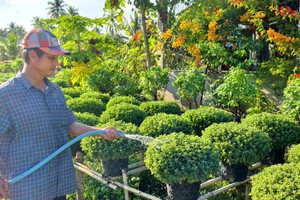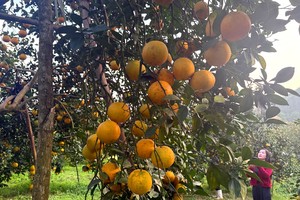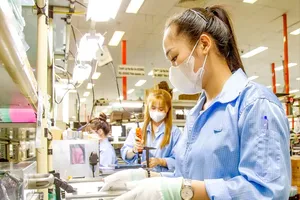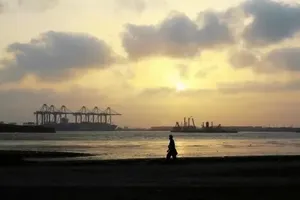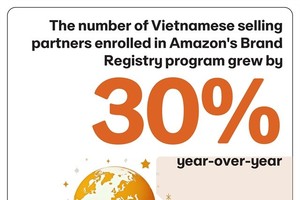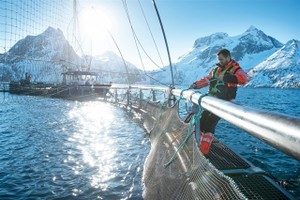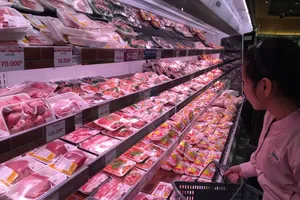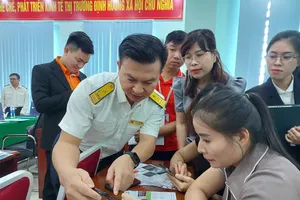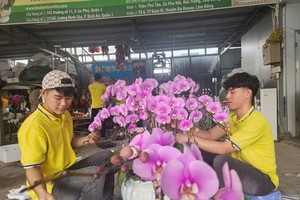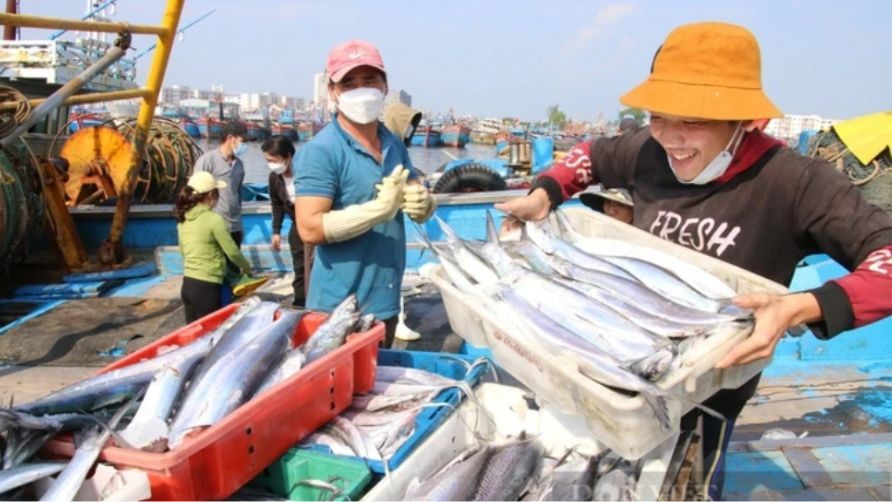
Deputy Prime Minister Tran Luu Quang has just signed the Decision No. 389/QD-TTg on behalf of the Prime Minister, approving the Plan for the Protection and Exploitation of Aquatic Resources for the period 2021-2030 with a vision to 2050.
According to the plan, by 2030, Vietnam will become a country with a sustainable and modern fishery sector, with a maximum of 83,600 fishing vessels. The plan sets out the requirement to restructure the fishing industry in inland waters and marine areas, and to reallocate the space for conservation, protection, and exploitation of aquatic resources in line with the potential of aquatic resources and environmental protection. In the coming years, 27 marine conservation areas will be established and operated effectively nationwide, with a total protected marine area of approximately 463,587 hectares.
To implement the plan, synchronous solutions will be carried out including reviewing, amending, supplementing, and building new mechanisms, policies, investment and incentives, attracting investment in infrastructure for the protection and development of aquatic resources, science and technology while disseminating propaganda to raise people’s awareness, training, and international cooperation.
Vietnam has a coastline of over 3,200 km and a vast fishing ground; moreover, the Southeast Asian country is rich in aquatic resources. The marine environment and river system create a diverse ecosystem with brackish, fresh and saltwater areas suitable for many species of aquatic products of high commercial value, which are an important source of raw materials for the seafood processing industry.
Many Vietnamese seafood products have become famous and hold a large market share in the world, bringing high value. Tra fish in the Mekong Delta, with a breeding area of only over 5,000 hectares, has achieved the world's leading export position and tra fish is exported to more than 150 countries and territories, accounting for over 90 percent of the global tra fish export market share.
Vietnamese shrimp is also sold to 100 markets, penetrating the European, American and Japanese markets. Many localities countrywide have formed seafood processing clusters with modern technology and good consumption markets. Some large enterprises of national and international stature have contributed to putting Vietnam in the top three exporting countries, accounting for 15 percent of the global shrimp export market share.
However, consumers in the world are shifting from eating to eating well, eating clean and safe food. Barcode technologies, traceability, production area codes, and the application of the EU's IUU "yellow card" for responsible fisheries require traders to prove the transparent origin of the exploited seafood in order to prevent, deter and eliminate all illegal fishing activities meanwhile Vietnam's seafood industry currently on a yellow card is a wake-up call to switch to a new method.
Vietnamese fishermen, aquaculture farmers, processors and seafood businesses are forced to adapt to increasingly demanding rules of engagement.
As natural resources become increasingly scarce and the requirements for fisheries exploitation become more stringent, the decisive factor for sustainable development is the shift from mainly exploitation of natural fish to proactive aquaculture.
This requires the assistance and coordination of many agencies and sectors not just the fisheries sector. To fulfill the dream of becoming a ‘world shrimp farming workshop’ and affirming its position as the ‘global tra fish capital’, the Mekong Delta must truly become a ‘sustainable aquaculture ecological center’ linking to research and application of biotechnology, based on the platform of the digital economic ecosystem and the building and protection of globally renowned seafood brands.
The fisheries sector is facing an opportunity to make a fundamental shift, upgrading from fishing to responsible fishing and proactive aquaculture, creating new values and enhancing competitiveness in the market. The Plan for the Protection and Exploitation of Aquatic Resources needs to be strictly enforced and effectively monitored to truly create a new shift and new development for the country’s fisheries sector.



